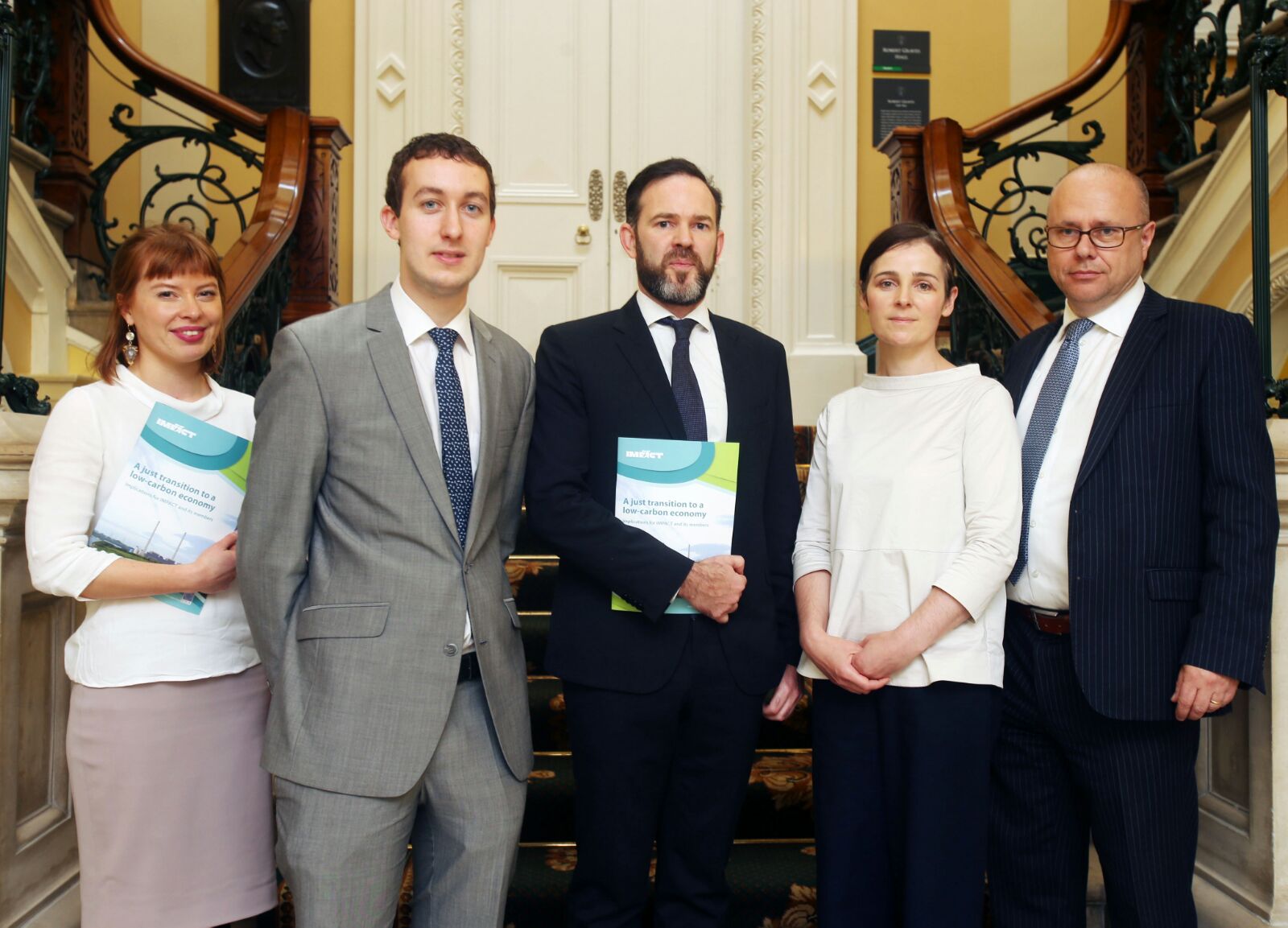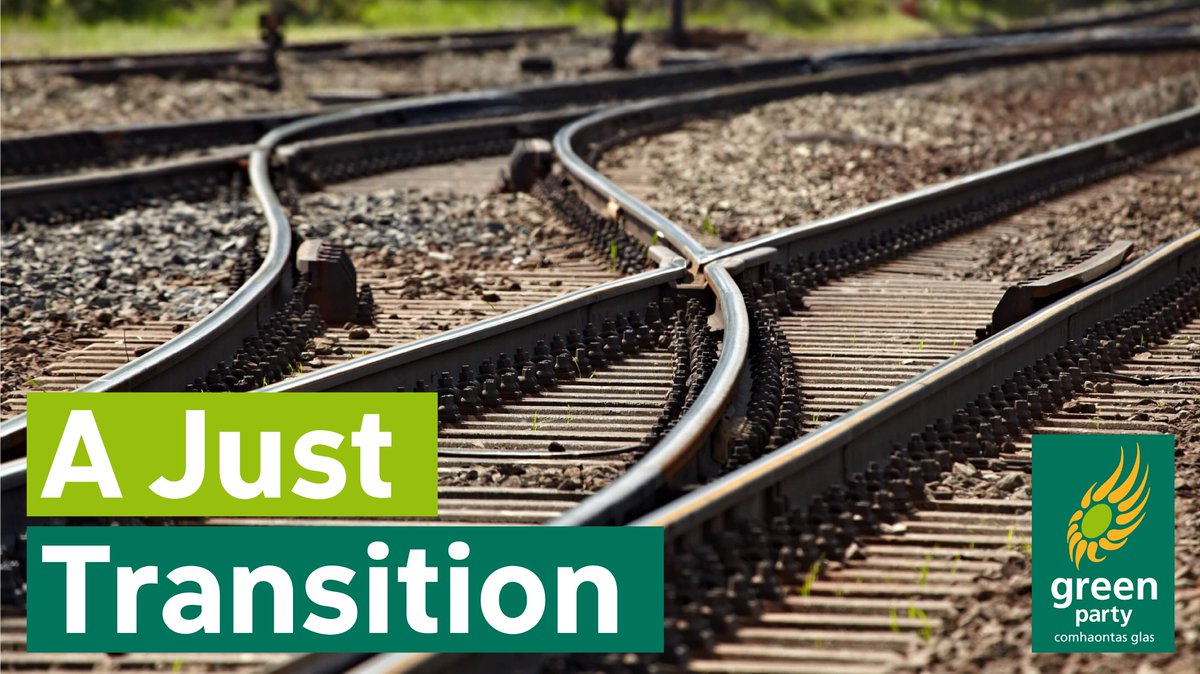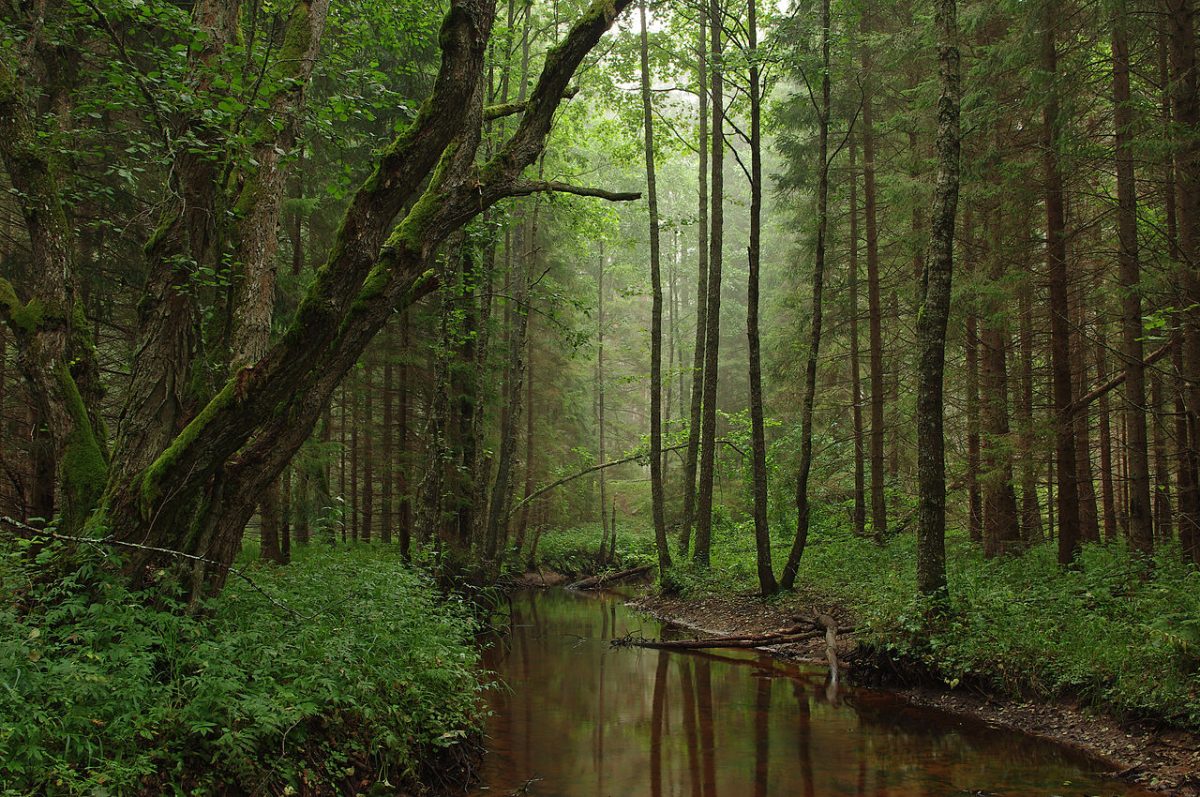Clean air campaigners take over South William Street

July 20th, 2019
A coalition of active transport campaign groups and Extinction Rebellion Ireland have blocked South William Street this morning to highlight the capital’s air pollution and transport problems.
As of 10 am this morning, the grouping – made up of Dublin Cycling Campaign, Dublin Commuter Coalition, the Irish Pedestrian Network, and XR Ireland – is blocking vehicles for entering South William Street at the junction with Wicklow Street.
Activists wearing anti-pollution masks say that they plan to continue the campaign with a series of similar actions on streets around Dublin until the Government gets the message that “streets are for people, not cars”.
The coalition said that it wants to create a space for pedestrians on the narrow street that is lined with shops, bars, and cafes and “fight back against the dominance of motor vehicles”.
Today’s action comes just days after the Environmental Protection Agency (EPA) reported that Nitrogen Dioxide (NO2) levels in areas of the capital have exceeded EU limits.
Pollution hotspots include the M50 motorway, the entrance to and exit from the Dublin Port Tunnel, and certain city centre streets. NO2 levels can vary depending on the density and type of vehicle, as well as the weather condition and road size.
Janet Horner of the Dublin Cycling Campaign said that she was extremely concerned about the levels of “toxic air pollution” created by motor vehicles on a daily basis in the capital.
”Poisonous air harms all of us, but particularly the most vulnerable,” she said, calling for immediate action to create clean air zones throughout the city to tackle this “public health emergency”.
People with asthma, as well as children and the elderly, are typically more susceptible to adverse health effects of NO2, which includes emphysema and other respiratory issues.
Air pollution is estimated to cause the premature death of over 1,500 Irish people every year, according to the European Environment Agency. The Times reported last week that the number of premature deaths caused by NO2 pollution may be higher than previously thought.
Kevin Carter, the acting chairperson of the Dublin Commuter Coalition, said that, while most people move around the city centre by walking, cycling or on public transport, they “get a minority of the space”.
“Politicians need to realise that people want cities that are clean, attractive and liveable. This isn’t possible if the streets are dominated by cars, so something has got to give,” he added.
Transport is the largest source of energy-related CO2 emissions in Ireland, accounting for 39 per cent of the share in 2017.
Emissions in the sector are rising fast, and are projected to grow until at least 2022, even with relatively high fuel prices and more electric vehicles on the streets as proposed in the Government’s new climate plan.
According to the EPA, emissions from the sector are estimated to decrease by only one per cent between 2018 and 2030, when emissions will be almost 12 Mt CO2 eq.
XR Ireland’s involvement in the campaign is part of the international movement’s week-long Operation Mushroom. Earlier this week, XR activists staged a “slow cycle” along the quays to highlight the capital’s duel air pollution and traffic problems.
Robin Cafolla of the XR Dublin branch said that private transport has been a “contributory factor in the acceleration of climate collapse”, making up a significant chunk of global transport emissions.
“We have to take radical action to reduce our dependence on cars and enable more people to walk, cycle and use public transport,” he added.
A recent report on the Irish transport sector has found that the low-carbon transition is still not a policy priority in Ireland, with fragmented views on the way forward across stakeholder bodies.
The National Economic and Social Council (NESC) report prepared Dublin City University outlines that a low-carbon transport transition would be better facilitated by changes to the broader policy system in Ireland.
While a transition to a low-carbon society by mid-century is a key goal of the State, the DCU-led report indicates that the low-carbon transition has yet to be embedded in our transport priorities.
The report highlights tensions between public and private actors within the transport system, as well as a rural and urban divide in terms of transport needs.
College Green will be car-free tomorrow in the first of three trial runs after plans to turn the area into a civic plaza were rejected by An Bord Pleanála.
Over 20 bus routes will be diverted and taxis will be banned from the junction of George’s Street to the Green.
[x_author title=”About the Author”]







